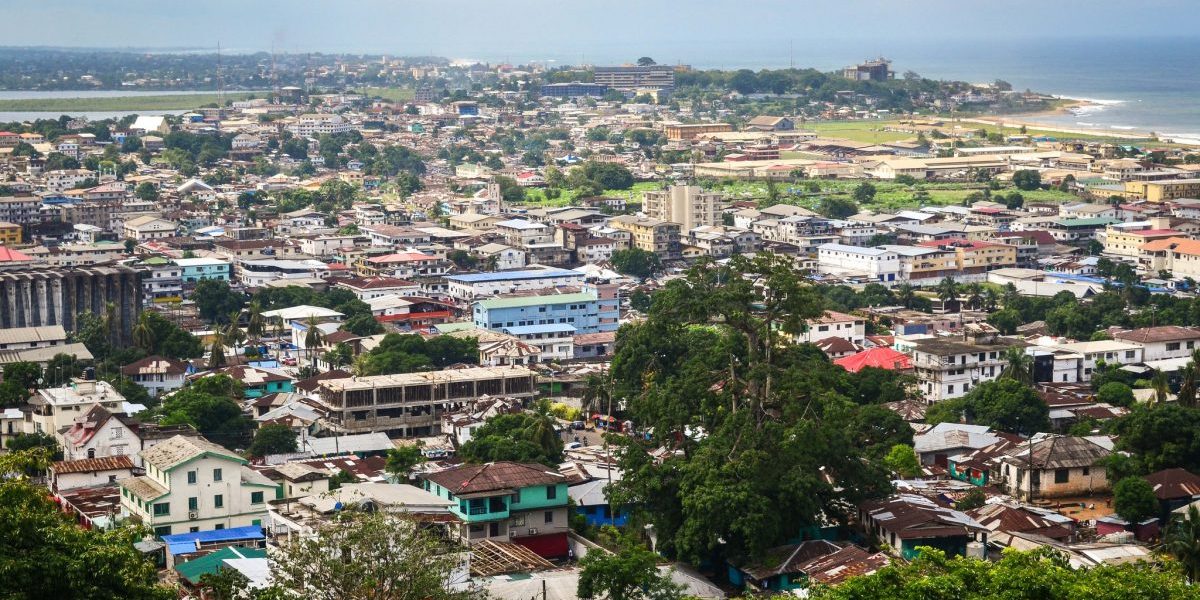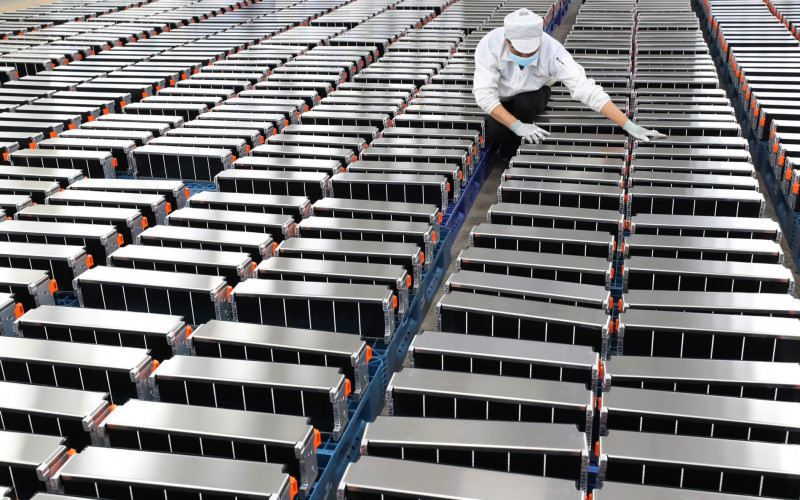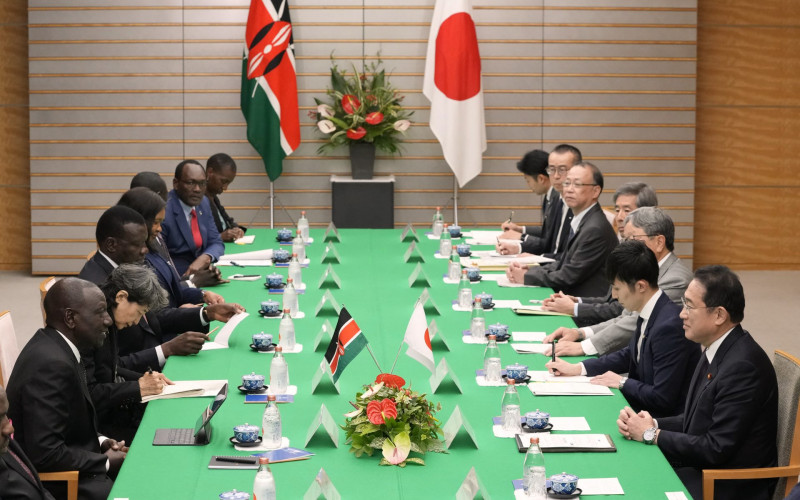Emerging out of the ravages of civil war, the country has given itself and Africa in general, a reason for pride by electing as its president Ellen Johnson-Sirleaf, joint winner of the 2011 Nobel Peace Prize and the first woman in Africa to hold presidential office. Working mainly through the Economic Community of West African States (Ecowas), the African Union (AU), the UN, Bretton Woods Institutions and global donors, the international community has played a proactive role in Liberia’s regeneration. International involvement in the Liberian government’s priority sectors, including reform of security and justice, and national reconciliation and healing, is of particular interest. Among Liberia’s bilateral relationships, the link with China has been a major factor in its renewal since diplomatic relations between the two countries were restored in 2003.
China’s involvement ranges from participation in the UN Mission in Liberia (UNMIL) to its social and commercial role in the revival of the country’s fragile socio-economic structures. Both within the framework of UNMIL and at the bilateral level, Beijing has shown itself to be an important stakeholder and development partner in Liberia, as in most national post-conflict situations on the African continent. The aim of this paper is to examine the 10 years of Chinese-Liberian co-operation from 2003 to 2013, following on the resumption of diplomatic relations.







